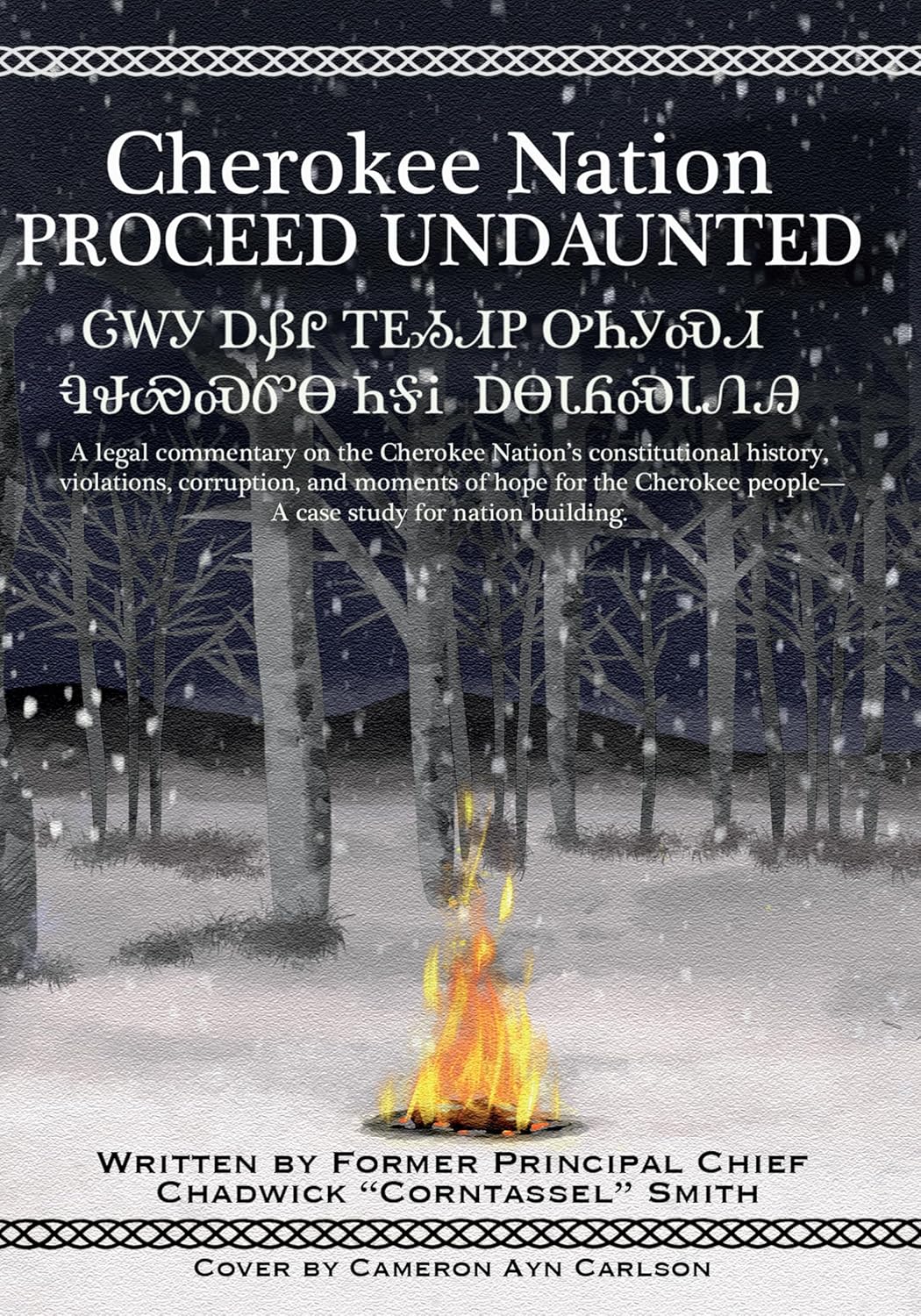
Elections are the foundation of any democracy, but what happens when citizens question their fairness? In Cherokee Nation: Proceed Undaunted, Chadwick “Corntassel” Smith explores the integrity of Cherokee elections, highlighting past controversies that suggest manipulation may have influenced outcomes. Is election rigging in the Cherokee Nation a myth, or has it been a reality with lasting consequences?
Historical Election Controversies in the Cherokee Nation
Smith documents multiple instances where election outcomes were contested, and allegations of misconduct surfaced:
- The 1999 Election Crisis
- In one of the most controversial elections in Cherokee history, Wilma Mankiller’s successor faced allegations of irregularities in voter rolls and ballot counting.
- Some claimed that absentee ballots were misused to sway results, raising questions about election security.
- 2003 Chief’s Election and the Influence of Incumbency
- Smith describes his own experiences in the 2003 election, where campaign finance disparities and alleged voter suppression tactics created controversy.
- Opponents accused the administration of using government resources to favor incumbent leadership.
- Allegations of Voter Disenfranchisement
- Some Cherokee citizens, particularly those living outside Oklahoma, have raised concerns about barriers to voting.
- Smith notes that restrictive voter registration policies and lack of access to polling stations have disproportionately impacted certain Cherokee communities.
Methods of Election Manipulation: Fact or Fiction?
Smith outlines several tactics that have been alleged in past elections:
- Ballot Harvesting – Reports of campaign operatives collecting and submitting absentee ballots, raising concerns about voter coercion.
- Selective Voter Roll Purging – Some candidates have been accused of removing certain voters from registration lists to tilt the results in their favor.
- Misuse of Government Resources – Incumbents have allegedly used tribal government positions to fund and support their re-election campaigns.
The Impact of Election Controversies on Cherokee Democracy
Whether or not outright election rigging has occurred, Smith argues that public perception of unfair elections weakens trust in government. He highlights several consequences:
- Decreased Voter Turnout
- When citizens believe elections are predetermined, they are less likely to vote, further entrenching those already in power.
- Political Factionalism
- Accusations of election fraud have divided Cherokee communities, with rival groups questioning each other’s legitimacy.
- Erosion of Democratic Integrity
- Smith warns that if election manipulation is not addressed, the Cherokee Nation risks becoming a political machine rather than a true democracy.
Can Election Integrity Be Restored?
To ensure fair elections, Smith suggests several reforms:
Independent Election Oversight – Establishing a non-partisan election commission to oversee voting processes.
Stronger Voter Protections – Expanding access to polling stations and absentee voting while implementing safeguards against fraud.
Campaign Finance Transparency – Requiring full disclosure of campaign funding sources to prevent undue influence.
Public Trust Initiatives – Educating Cherokee citizens on voting rights and ensuring election processes are fully transparent.
A Call for Electoral Integrity
While some claims of election rigging in the Cherokee Nation remain unproven, past controversies show that electoral integrity must be protected. If elections are manipulated, even indirectly, the Cherokee Nation risks losing its democratic foundation. Smith’s message is clear: only through transparency and accountability can Cherokee elections truly represent the will of the people. The question remains: Will future Cherokee elections restore public confidence, or will political maneuvering continue to cast doubt on their legitimacy?